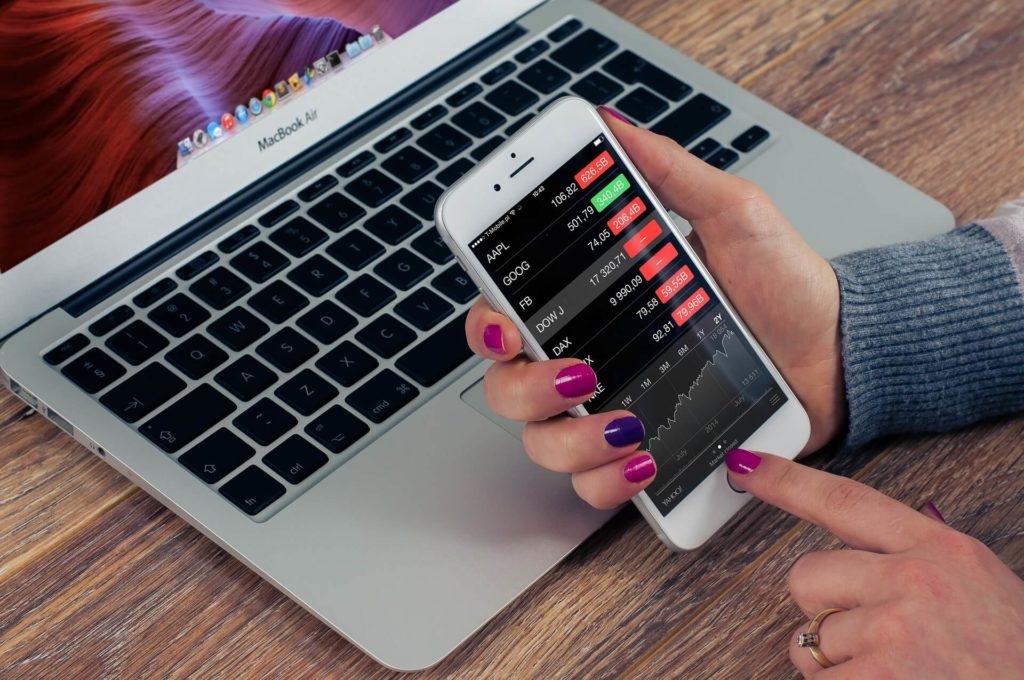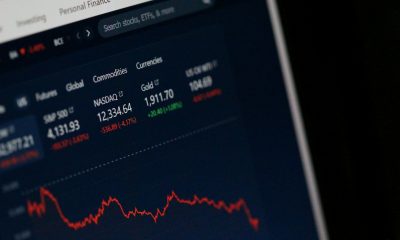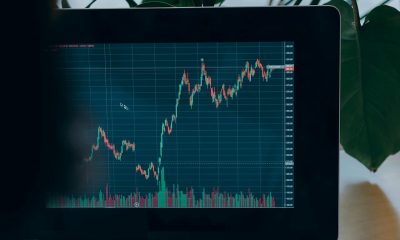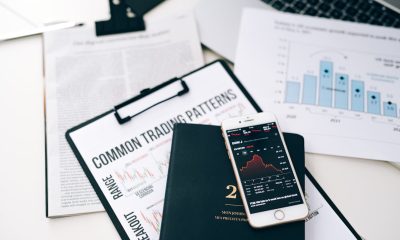Business
How retirees should handle stock market highs and volatility
No one can predict the movement of the stock market, so it’s better to focus on making a sturdy investment portfolio.

The stock market has garnered strong returns over the past few years. However, it has come with extreme volatility with strong swings both up and down. The type of unruly market action that we have seen has some market analysts speculating that the seven-year bull market may have run its course.
In the near term, concerns over the global economy, Brexit, future interest rate hikes, and slow job growth cause some to think the stock market could be in for a rough time. If you have been counting on the stock market to boost your income sufficiency, this may cause you to raise questions. Should you consider reducing your stock exposure to prevent any erosion of recent gains in your portfolio?
Your job isn’t to predict what the stock market will do nor where it will go. This is a fool’s game to play. Your job is to create an investment portfolio that weathers the nasty storms; at the same time, it keeps your retirement portfolio moving in the right direction, regardless of market volatility.
The temptation to rotate out of stocks into bonds or cash can mount during periods of stock market volatility. However, it is more important to consider a longer-term perspective. If you’re turning 65 years old this year, you can expect to live 25 or 30 years or more in retirement. It is, therefore, a necessity to employ an investment strategy that will increase the value of your portfolio over time while minimizing the loss of capital. That was an easy order to fill over the last seven years. But as the stock market approaches new highs, you need to consider your withdrawal strategies in the context of your specific income needs.
If you are currently not taking withdrawals
If you’re not taking withdrawals due to receiving a pension, Social Security, or another form of income, you should feel a bit better than others. Any decline in the stock market can affect your portfolio. But, at least for now, it will not affect your paycheck. If your portfolio is diversified, and you continue to make adjustments to ensure your portfolio stays diversified, you should be able to weather the ebb and flow of the market.
Should you ever need to make a withdrawal, you should have portions of your portfolio that can be easily liquidated. This will not result in having to buy high and sell low. We usually recommend having two to three years’ worth of your spending in cash or cash equivalents.

Consider an investment strategy that will raise your portfolio’s value and will also lower the loss of capital. (Source)
If you are currently taking withdrawals
Imagine your portfolio as one of those variety cheesecakes from Costco. The cake has 12 or so slices, with each slice representing a different type of cheesecake. Your portfolio is no different. Recently, some of those slices (the slices that represent stocks) have seen increases in value. Others, meanwhile, have seen decreases in, or stability in value (the ones that represent bonds, cash, and hard assets).
When converting assets into income, you want to take the slices with increases and cut them back to their original size. Because you usually have several months (in some cases years) of distributions available in those slices, you will not be forced to sell slices that have declined in value.
Periodically, it is important to prune gains from slices that have grown in value- in a process called rebalancing. Some advisors treat distributions differently, in which they take a small portion of each slice for every withdrawal. While this is easy for the advisor, it is generally not wise to do in these situations.
Regardless of your specific situation, professional financial advisors are experienced in helping all of their clients make smart investment and financial planning decisions regardless of stock market prices and volatility.
—
DISCLAIMER: This article expresses my own ideas and opinions. Any information I have shared are from sources that I believe to be reliable and accurate. I did not receive any financial compensation in writing this post, nor do I own any shares in any company I’ve mentioned. I encourage any reader to do their own diligent research first before making any investment decisions.

-

 Cannabis1 week ago
Cannabis1 week agoScientifically Verified F1 Hybrids Set New Benchmark for Indoor Cannabis Yield and Consistency
-

 Fintech4 days ago
Fintech4 days agoImpacta VC Backs Quipu to Expand AI-Driven Credit Access in Latin America
-

 Fintech2 weeks ago
Fintech2 weeks agoNubank Launches in Argentina With $474M Bet to Shake Up the Fintech Market
-

 Impact Investing1 day ago
Impact Investing1 day agoClimate Losses Drive New Risk Training in Agriculture Led by Cineas and Asnacodi Italia

























You must be logged in to post a comment Login